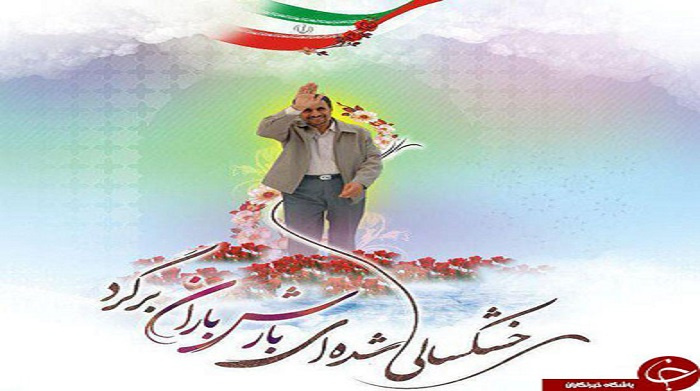Fifty Shades Darker?

Ex-President Mahmoud Ahmadinejad seems to be coming out of the shadows in a move to boost an early campaign for the presidential race slated for next year.
On March 27, Entekhab, a pro-reform news website, reported that Ahmadinejad was considering a comeback for the presidential race slated for June 2017. The alleged campaign will reportedly focus on a pledge to raise the bar of the so-called cash subsidies currently at little more than 455000 rials ($15). The subsidies that Ahmadinejad is reportedly going to quintuple will be pivotal for many people’s everyday lives in small towns and rural districts, many of them out of a job for a variety of reasons including the sanctions and environmental crises that have hit the country’s agriculture. Sources close to Ahmadinejad dismissed the report but many believe it will not be far-fetched if put in context after a recent thrashing of the principlist camp in major cities in the parliamentary elections held on February 26. However, one of Ahmadinejad’s characteristically vague remarks made yesterday has caught many by surprise. When asked by a Tasnim New Agency reporter about the possibility of his presidential bid next year, Ahmadinejad expressed hope that “we will all see each other then”.
In the meantime, electronic posters have surfaced online with one poetically condoling Ahmadinejad in the face of hostilities, another asking him to save a metaphorically drought-hit Iran and bring rain, part of an extended conceit for his administration called the ‘administration of spring’ in previous campaigns.
Many analysts from both principlist and reformist camps anticipate that the Guardian Council will disqualify him in the first place. However, the question is whether the principlist-dominated establishment will be able to stand, at least for another four-year term, a moderate/reformist administration or prefer the headache of Ahmadinejad when no other competitor can win the race. In case of the latter, will people disqualify him as Gholamali Jafarzadeh assures Asriran. “I am certain the Ahmadinejad phenomenon will not be repeated in Iran, particularly because he does not have any votes in larger cities, especially in Tehran,” he said, calling the 2500000-rial subsidy vows a ‘corrupt bribe’.
Nearly three years after Ahmadinejad left office, financial corruptions are still being revealed at a rapid rate. Politicians from different sides consider his administration to be responsible. In a recent interview with Asriran, Mohammad Hashemi, Akbar Hashemi Rafsanjani’s brother and chief of staff at the Expediency Council, has once again accused Ahmadinejad’s administrations of stopping the country’s development and isolating the country in international communities. “The isolation and economic sanctions forced the administration to evade the sanctions, which in turn paved the way for extensive unprecedented corruptions in Iran,” he said.
That perhaps best explains why the Panama papers released on Monday have given rise to speculations of the involvement of Ahmadinejad and his confidants in money laundering.
The hawkish Ahmadinejad’s return to office is intimidating many analysts in Iran when put together with the possibility that Donald Trump becomes Obama’s successor as the US president, early next year. The divide between the urban and suburban/rural populations, heavily invested upon in Ahmadinejad’s campaigns, has been arguably decisive in elections over the past 12 years in Iran. On the other hand, the Rouhani administration’s overinvestment on the nuclear deal is yet to bring tangible economic results, which will most likely boost his popularity. In retrospect, prior to the 2013 presidential elections that ended up with Hassan Rouhani’s hairbreadth victory, analysts argued that the administration then to come would unprecedentedly fail to reelect after its first four-year term, even if it would not have to resign for bankruptcy. Now, the foreboding’s realization seems to depend, more than anything, on the incumbent administration’s ability to handle the stagnant economy and record-high unemployment rates through increased revenues and foreign investment. Otherwise, the future of Rouhani’s legacy of the nuclear deal, hence Iran’s international status, will be in serious trouble with other rounds of domino effects on the country’s economy.

